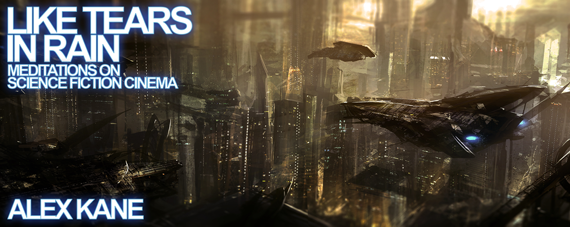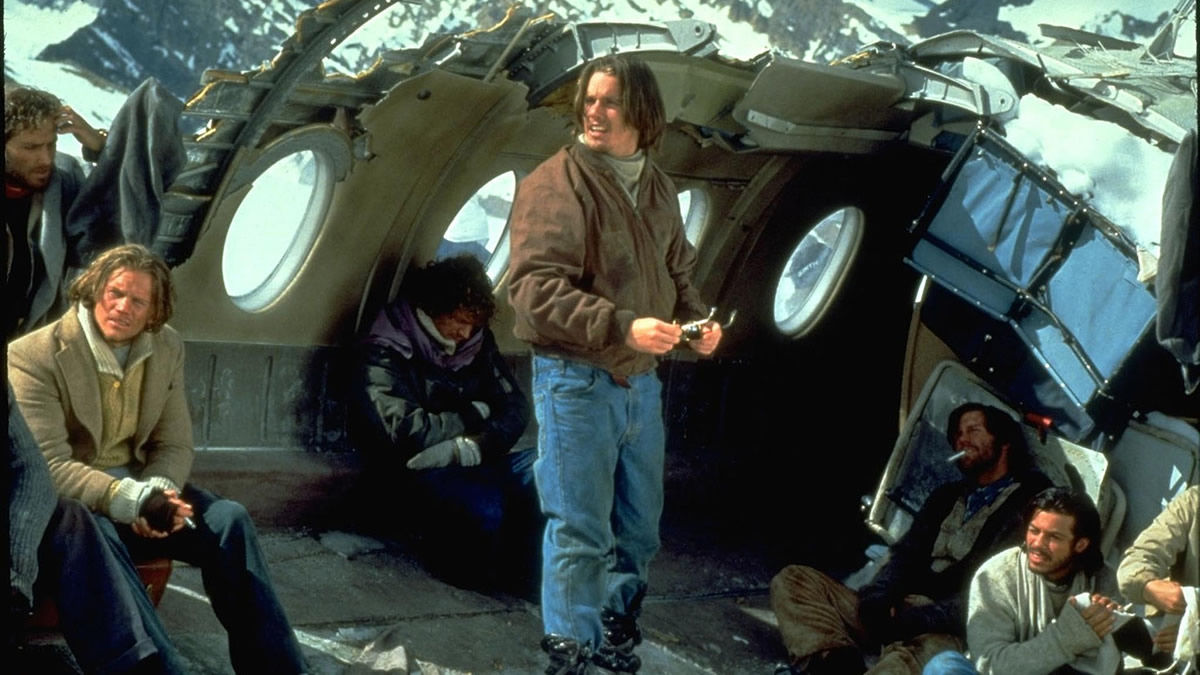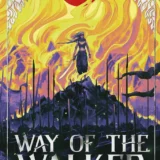 It was a shock to wake up this morning to learn that the film composer James Horner had died in a plane crash. This is deeply sad news. Obviously a great tragedy for Mr Horner’s family and those who knew and loved him personally. His death is also a great loss both to those who loved his music, and to the whole Hollywood filmmaking community.
It was a shock to wake up this morning to learn that the film composer James Horner had died in a plane crash. This is deeply sad news. Obviously a great tragedy for Mr Horner’s family and those who knew and loved him personally. His death is also a great loss both to those who loved his music, and to the whole Hollywood filmmaking community.
While the influence of James Horner’s music may have declined in recent years, he will be remembered for scoring some of the most successful and popular films of modern times, for his enormous contribution to science fiction and fantasy cinema, and for his association with director James Cameron, for whom he wrote the music for Aliens, Titanic and Avatar. The latter two being the two most commercially successful films of the last 20 years. (We won’t overdo things by pretending inflation doesn’t exist.)
In a career spanning 36 years James Horner wrote the music for around 150 projects, almost all feature films, but also a scattering of TV movies and shows. He was born in LA in 1953, studied in London at the Royal College of Music, and taught music theory at UCLA until he broke into film scoring. After a period in which traditional orchestral scoring had largely fallen out of favour, Horner came along just when there was a major revival, post-Jaws, Star Wars and Superman, of the form. So he was able to go rapidly ascend from his debut, The Watcher in 1978, to the Hollywood A list alongside John Williams and Jerry Goldsmith, making his name scoring a string of massive SF and fantasy adventures. His second film was a, reputedly terrible, Jaws rip-off, Up From The Depths (1979), followed by a pair of Roger Corman low budget SF pictures: Humanoids From The Deep and Battle Beyond The Stars (both 1980), on which latter picture (a rehash of Seven Samurai in a space opera setting) James Cameron was part of the special effects team.
Horner’s talent was quickly recognised, and his next picture was the early Oliver Stone feature, The Hand, starring Michael Caine, followed Wes Craven’s Deadly Blessing and, by far the best of the three horror movies which made up the composer’s output in 1981, the werewolf thriller, Wolfen. This was James Horner’s sixth feature film and the first I saw. Sitting there in the cinema his music was immediately bold and sufficiently compelling for me to take note of his name when the end credits came around. It was the beginning of something special.
Then suddenly James Horner was in the big league, his name on two of the top ten box office hits of 1982, the action comedy 48 Hours and, stepping directly into Jerry Goldsmith’s shoes, Star Trek II: The Wrath of Khan.
After that it just didn’t stop: Krull, Something Wicked This Way Comes and Brainstorm in 1983, then Star Trek III: The Search For Spock (1984), Cocoon (1985), Aliens, An American Tail and Captain EO (1986), *batteries not included and Project X (1987), Willow, The Land Before Time, Cocoon: The Return and Field of Dreams (1988), Honey, I Shrunk The Kids (1989), The Rocketeer (1991), We’re Back! A Dinosaur’s Story (1993), The Pagemaster (1994), Casper, Jumanji and Apollo 13 (1995), Deep Impact and Mighty Joe Young (1998), The Bicentennial Man (1999), How The Grinch Stole Christmas (2000), The Spiderwick Chronicles (2008), Avatar (2009) and The Amazing Spider-Man (2012).
Horner scored other family animated films of fantasy interest, as well as fan action favourites, including the Schwarzenegger vehicles, Commando (1985) and Red Heat (1988). While he scored on far less SF and fantasy in the second half of his career than the first, he was, at the time of his death, thought to be working on the Avatar sequels which are currently in production. There are those who think, and I would tend to agree with them, that James Horner’s music was at its best in the 1980s and early 90s – my own personal favourite score of his is Legends of The Fall (1994) – but even if this is so, he made a very notable return to top form with his last high profile genre score, The Amazing Spider-Man in 2012.
Over his career James Horner was nominated for six Oscars, and won two more besides, both for Titanic, one for the score, the other for the song ‘My Heart Will Go On’. The soundtrack album sold over 30 million copies on CD and is the most successful, primarily orchestral soundtrack ever released.
James Horner was a pilot, and he died when his Tocaño MK-1 crashed in California yesterday. It is fitting then that his most recently released film was not a Hollywood blockbuster, but an old style National Geographic IMAX documentary, Living In The Age of Airplanes, which only came out two months ago on 10 April. Before that, in 2012, the composer had scored a half-hour documentary about the Wright Brothers, First In Flight. These were projects clearly close to James Horner’s heart, and perhaps there is some solace in the knowledge that he died doing what he loved, flying.
James Horner – 1953-2015 – RIP
Apollo 13 Soundtrack:
[youtube https://www.youtube.com/watch?v=-dEcqb5jIXY]
Avatar Soundtrack:
[youtube https://www.youtube.com/watch?v=GZ7lb1M_JC8?list=PLF490561BA881D005]
The Rocketeer Soundtrack:
[youtube https://www.youtube.com/watch?v=BXbL0iukdCo?list=PLH9C08qrQ7S7MbCinav_YWZcxdnUvDiqD]
…is a freelance editor, writing consultant and story structure expert. To find out more, including hiring me to work on your writing project, read my profile or visit my website, To The Last Word.








